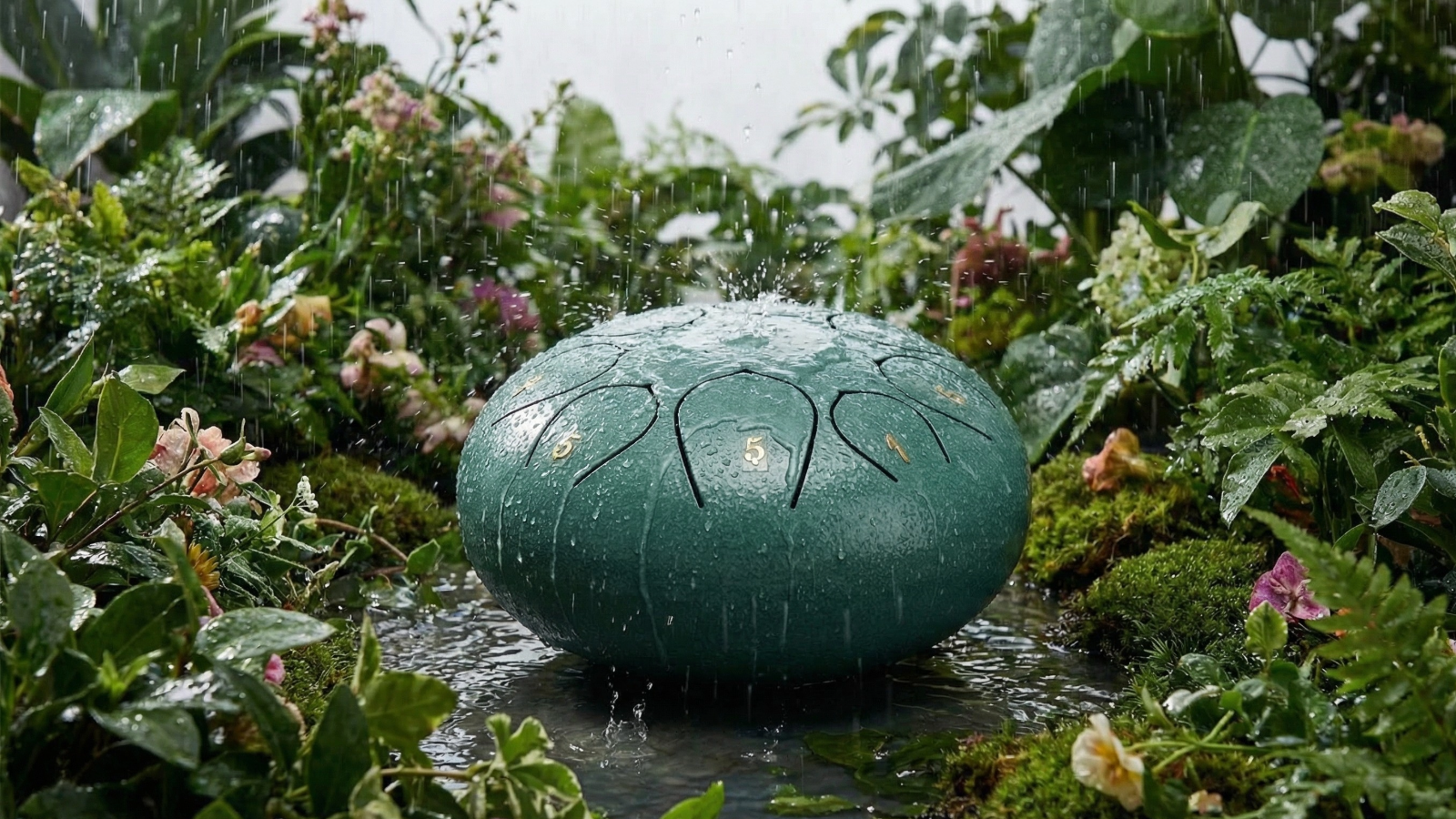Types of boiler: We explain the options and which one might be best for you
What types of boilers can you get for your home? Find out what types are popular, which is the most efficient and ultimately the option that might work best for your property
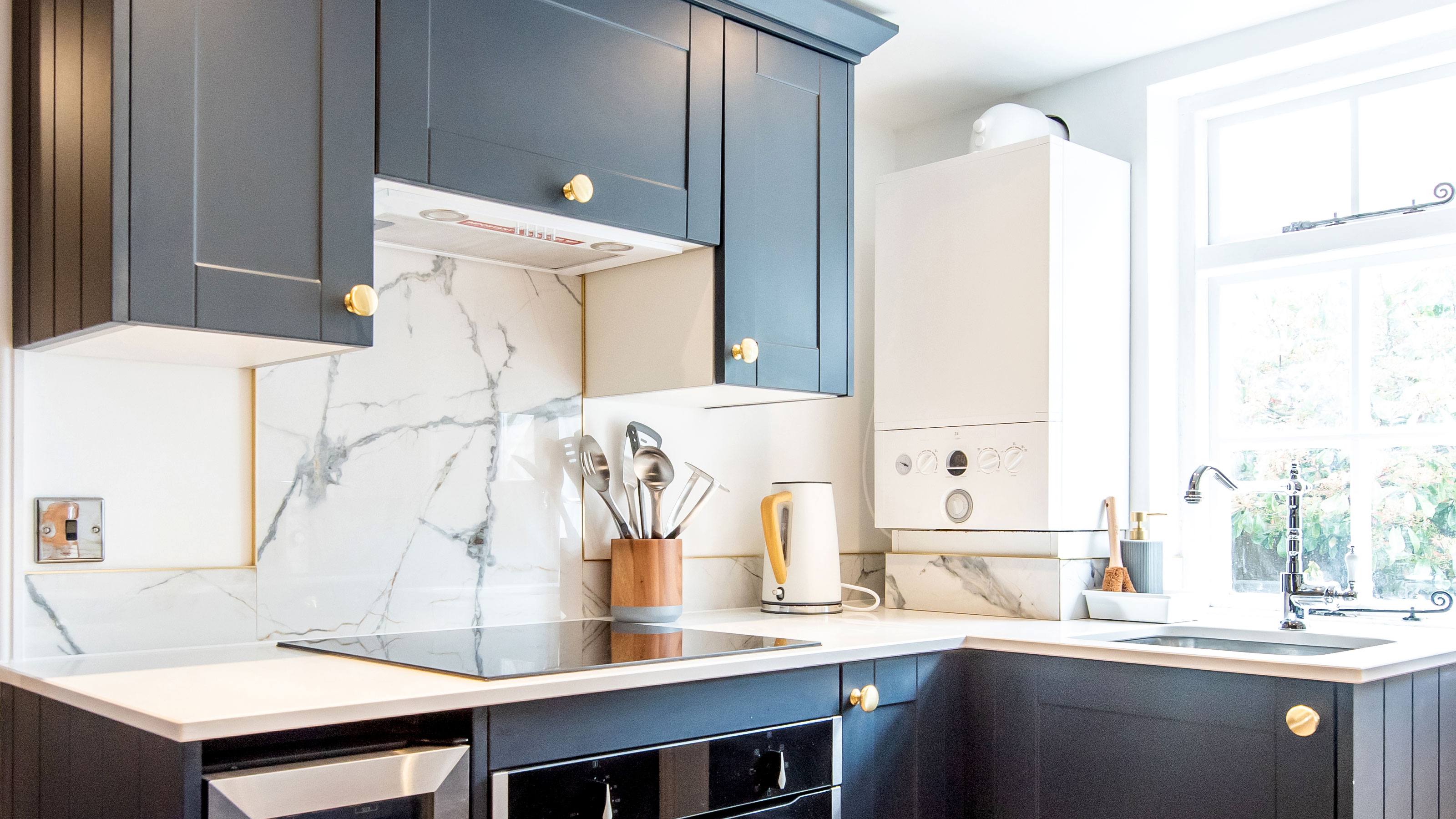
Bring your dream home to life with expert advice, how to guides and design inspiration. Sign up for our newsletter and get two free tickets to a Homebuilding & Renovating Show near you.
You are now subscribed
Your newsletter sign-up was successful
There are several types of boiler to choose from if you are looking for a new heating system for your project. The best option is likely to depend on a host of factors including the size of your home, the type of property you live in and whether or not your boiler's eco credentials are a priority.
The most common boiler type is condensing gas boilers such as combi boilers. But, when choosing a new boiler they are not always the best option. If you have more than one bathroom or poor mains water pressure in your area, there might be better alternatives. Meanwhile if you are looking to reduce your carbon footprint, you might be better off with a heat pump or other green heating option.
Types of boilers: Common and specialist options
Here we take a closer look at the popular boiler types and alternative options to reveal what they do, how they work and their pros and cons
1. Combi boilers
Combi – short for combination – boilers are one of the most common boiler options in the home. They are compact – typically wall hung – and get their name from the fact that they generate hot water for baths and sinks and supply a heating system from a single unit.
Fed by a cold water supply, combi boilers heat up water when it is needed. The cold water goes through an internal heat exchanger that warms up the water to a specified temperature before being directed through the pipe to the appropriate outlet. This is why it may take a few seconds for the water to warm up. They also negate the need for a hot water tank.
So what are the pros and cons of a combi boiler?
PRO - Efficient and cheaper to run
The water warms up immediately, so you don’t need to wait for the water to warm up in a tank before you can use it. Plus, a new combi boiler has around 90 percent efficiency (though this does reduce over the years) which makes them comparatively cheap to run. And they typically come with long warranties making them cheaper to fix.
PRO - Compact and easy to maintain
Combi boilers are typically smaller than most boilers and all its components are neatly tucked away inside a single unit which you can access by removing the front panel. The single unit design of a combi boiler means that they are quicker to install than heating systems with separate tanks and easier to maintain as they are self contained. Their popularity means that most gas engineers know how to work on them.
CON - Comprised water flow
The water flow is controlled by one source, so the flow rate will drop when more than one outlet needs hot water. A simple example is when using the hot water in the kitchen at the same time as running a bath. Ideally you want to be using one at a time.
CON - Limited options
Combi boilers are not compatible with power showers as they need access to a hot water cylinder which a combi boiler doesn't have. Most combi boilers are not solar heating friendly and can ideally only connect up to ten radiators or less.
Bring your dream home to life with expert advice, how to guides and design inspiration. Sign up for our newsletter and get two free tickets to a Homebuilding & Renovating Show near you.
2. Heat only boilers
Heat only boilers are also known as conventional or regular boilers and are typically found in older homes. They use a separate cold water tank (commonly found in the loft) along with a hot water cylinder, a feed and expansion tank and a pump to help move the water. The cold water tank stores the water which feeds the hot water cylinder which heats up the water which is then fed to taps and radiators via a pump.
Heat only boilers are ideal for larger homes with more than one bathroom and have a loft space for a water tank.
But what are the pros and cons of a heat only boiler?
PRO - Good water flow and no pressure worries
The water flow isn’t affected like a combi boiler. You can get an even flow out of several taps at once. And, you don’t need to rely on the mains water pressure to ensure that you will get a decent water flow. Heat only boilers use a pump to distribute hot water so you always get a constant and reliable supply.
CON - Heat up times and efficiency
A hot water cylinder will only heat the water in the tank and once this has been used you will need to wait for the water to warm up again before you can get more hot water to taps and radiators. If your radiators are not heating up you may have another problem. They are not as efficient as a combi as the heated water isn’t always used in one go, meaning it needs to be reheated.
CON - Need more space
Conventional boilers need more room than a combi boiler as they need a storage space for a water tank, or tanks, and space for a larger than a combi boiler hot water cylinder.
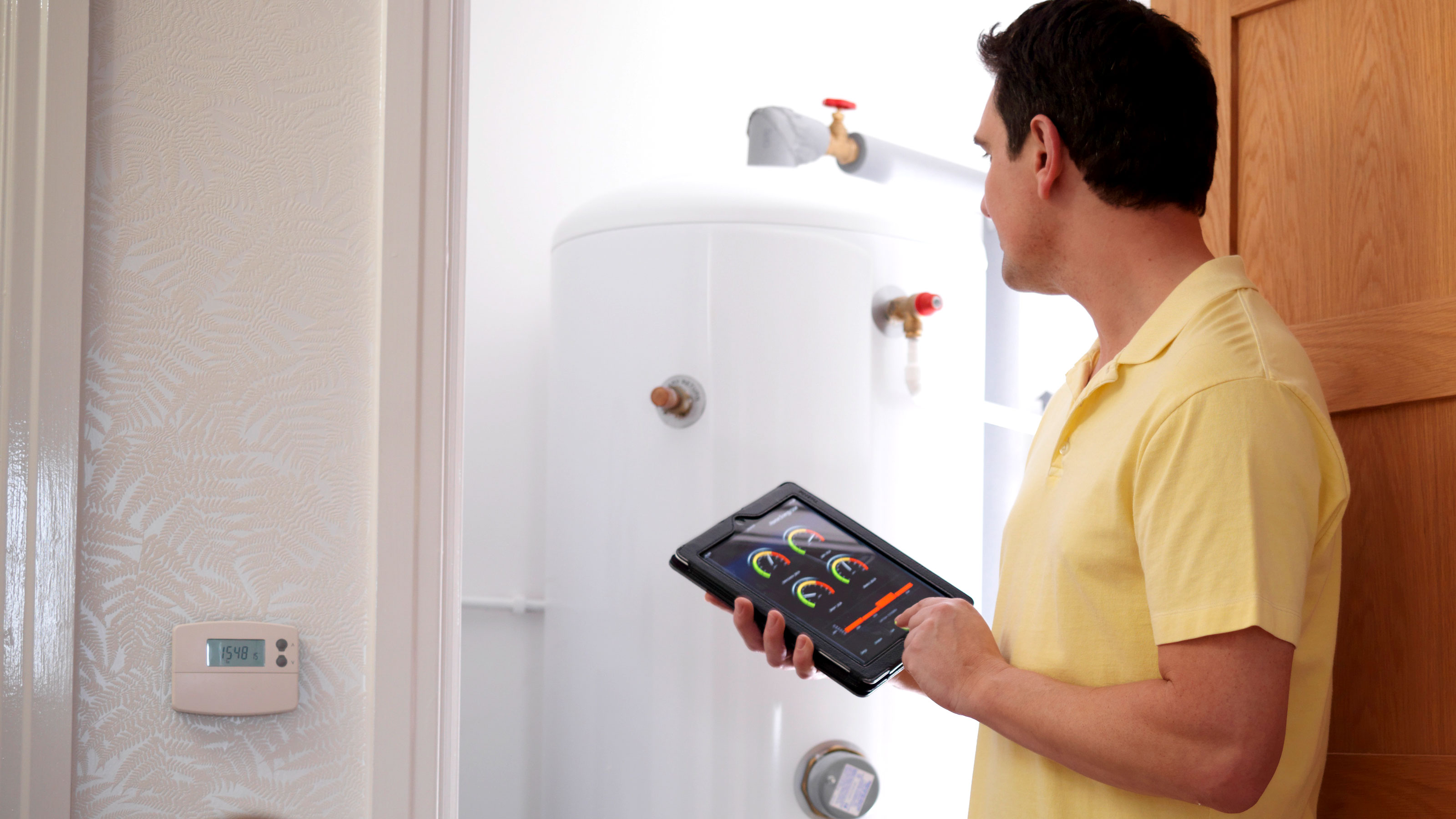
3. System boilers
System boilers are like an upgraded heat only boiler. They are similar to conventional boilers in that they need a hot water cylinder to heat up water. But the main difference is that they don’t need a water tank to supply the water to the hot water cylinder as the cylinder is connected to the mains water supply. Other components such as pumps are built-in with a system boiler.
They are an ideal choice for larger homes where a conventional boiler is a good option, but you have low mains water pressure.
PRO - Space saving
Take up less space than a conventional boiler as they do not need a water tank, you only need a hot water cylinder. And as all the parts are integrated they are typically smaller than a conventional boiler.
CON - Size and pressure
Tank size can limit how much hot water you have available at any time and if you have low mains water pressure this can have an effect on the water pressure throughout the system.
4. Oil boilers
Oil boilers are a heating system that uses oil - rather than gas or electric - to produce heat and hot water for a home. They consist of a chamber where the oil is stored and heated and passed onto a heat exchanger which warms up the water which is then distributed to an outlet.
They are a popular choice in rural areas where there is no direct access to the mains gas grid. But they do require regular maintenance to keep them working. But it is worth noting that new oil boilers will only be sold until 2035 as the UK government looks to go net zero by 2050. Check out oil boiler alternatives to see what is available.
PRO - Ideal for remote locations
Oil boilers are an independent heating source as they don’t rely on being attached to a mains gas grid. They can be installed pretty much anywhere, but you will need a regular source of oil or a storage tank to ensure you don't run out.
CON - Expensive and not environmentally friendly
Oil boilers are powered by oil which means they produce carbon dioxide (CO2), which has an impact on the environment. They can be expensive to run with fluctuating oil prices making it difficult to determine costs.
5. Biomass boilers
Biomass boilers are a heating system that uses organic materials, such as wood pellets to generate heat to warm up water. Typically, a stove provides heat for a room and can be fitted with a back boiler to provide hot water for a heating system.
PRO - Environmentally friendly
Biomass is a renewable energy source that has a lower carbon footprint when compared with fossil fuels and contributes to sustainable energy practices. They are also an affordable option with pellets and wood being reasonably cheap and easily accessible.
CON - High installation costs
Biomass boilers are not cheap to install with the initial installation costs typically being four or more times the price of a combi boiler.
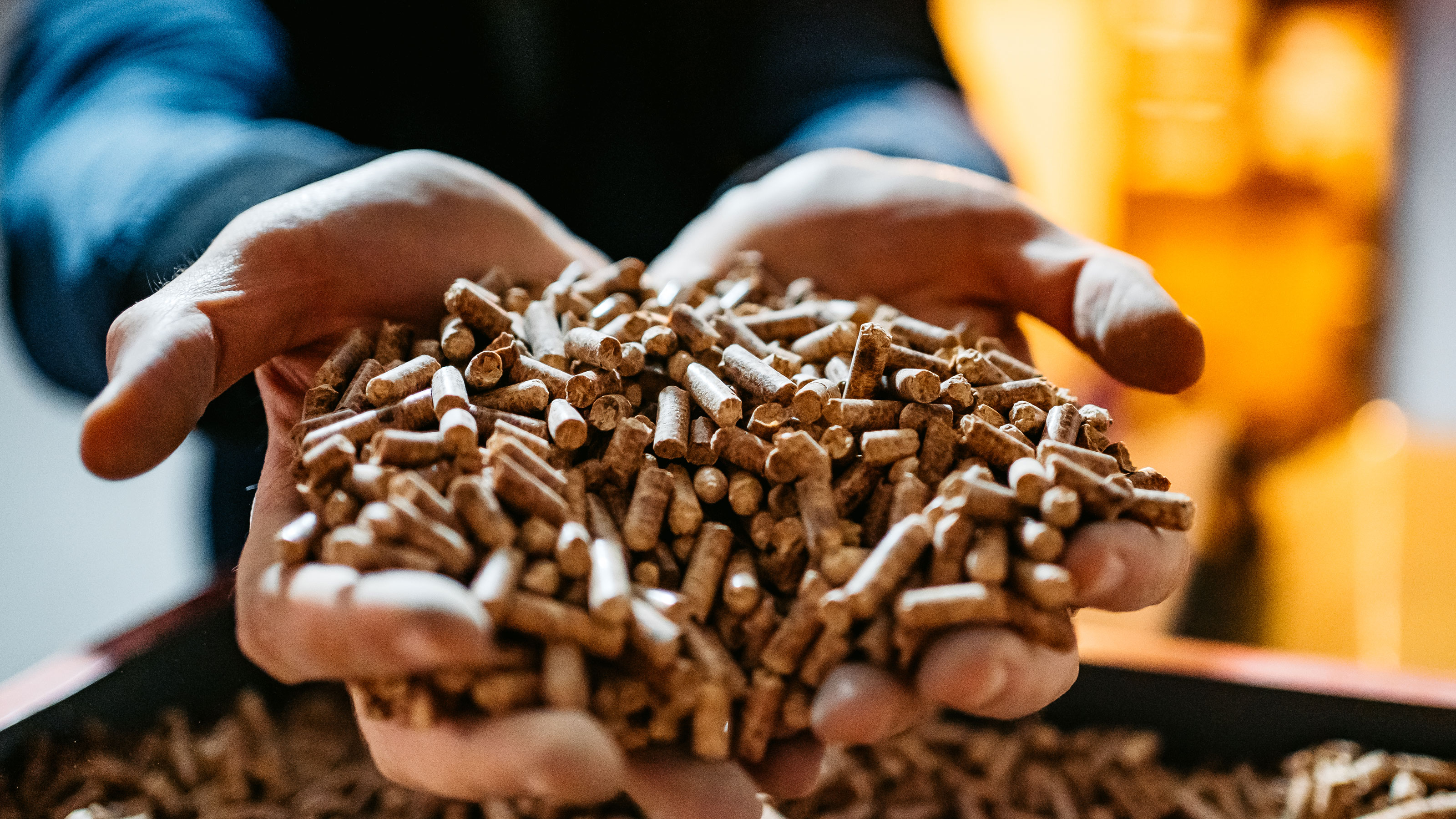
6. Ground and air source heat pumps
Technically ground and air source heat pumps are not boilers, but they have a very similar purpose – to heat water for a heating system. Ground source heat pumps use a network of pipes that are buried underground and extract heat from the ground. A heat pump then amplifies that energy into heat to be used in the home.
Air source heat pumps extract heat from the air, so they are typically installed outside, and move the air through a vapour compression cycle to make it more useable. The heat from the air gets absorbed into a fluid, to become a gas, which is then compressed and used in a heating system.
As part of the government's drive to reach net zero they are offering incentives to entice homeowners to make the switch. Check out our What is The Cost to Replace a Gas Boiler With a Heat Pump? guide to find out more.
PRO - Low running cost
Both ground and air source heat pumps have lower running costs than a gas boiler with ground heat pumps almost half the cost. They are more efficient and will typically last longer than gas boilers.
CON - High installation costs
They are much more expensive to purchase and install than a gas boiler, but government grants can help reduce the initial installation outlay.
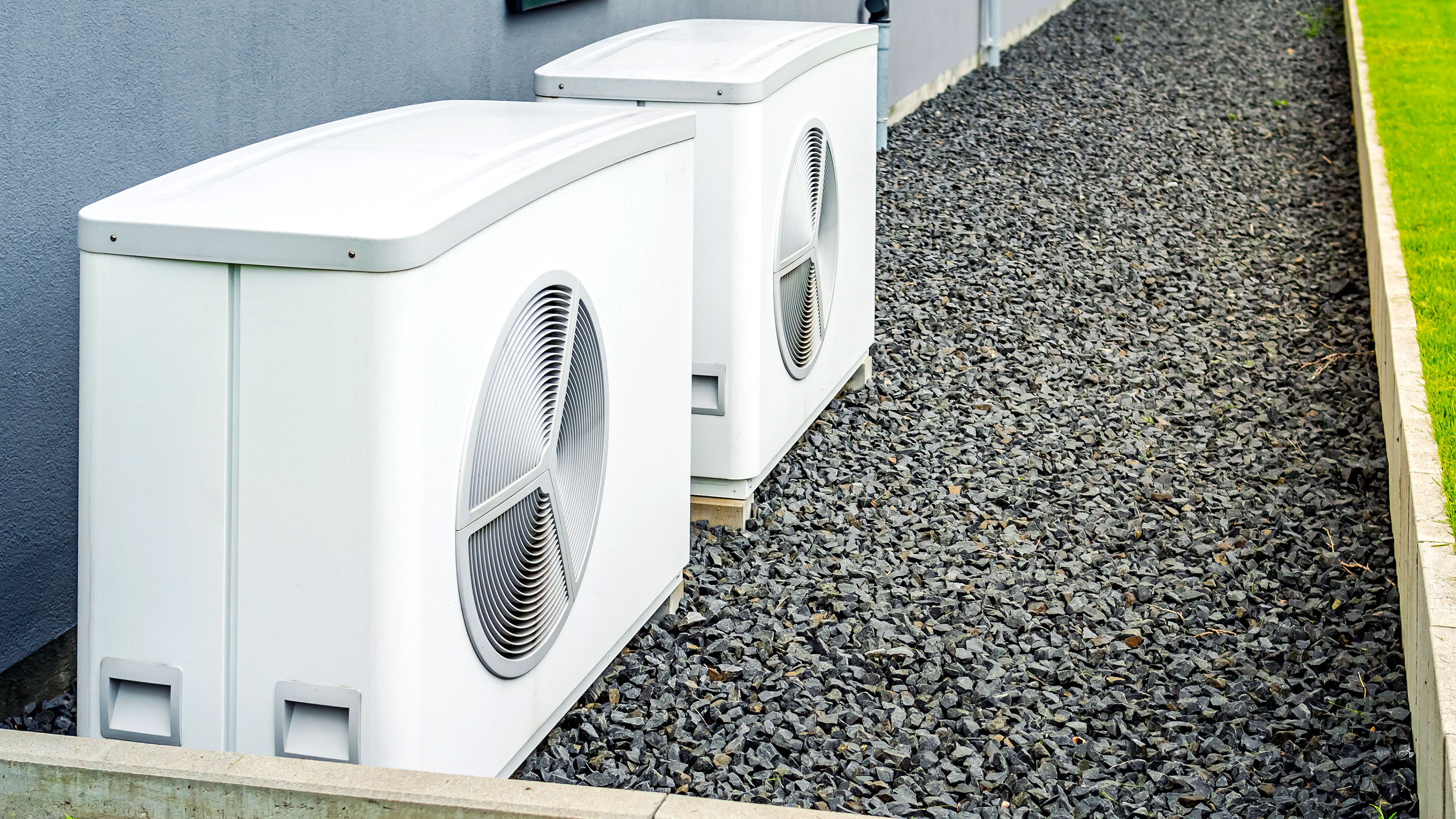
FAQs
Which type of boiler is most efficient?
Condensing boilers such as combi boilers are the most efficient option for most homes running at around 90 percent efficiency. But what does this mean? It means that for every unit of energy used to heat the water you get around 90% of usable heat. Non-condensing boilers typically have a 70-80% efficient rating, meaning they cost more to run.
Condensing boilers became mandatory in 2005 while all new boilers must now be A-rated.
How much does it cost to install a new boiler?
Typically an installation will include a new boiler and installation so the price can vary depending on the cost of the boiler. Combi boilers are often the cheapest option and you should expect to pay anywhere between £1200 and £2500.
Additional costs such as new radiators, pipework and extras such as magnetic filters like this Adey Magnaclean Pro Magnetic Filter from Amazon may need to be added as well.
How long does a boiler typically last?
This will depend on the type of boiler and how well maintained the boiler is, but typically a boiler should last from 10-15 years. A new combi boiler needs to be serviced annually to get the best from it. Boiler service costs are relatively cheap and help ensure your boiler is running efficiently and effectively. It’s also advisable to install new radiators at the same time as the boiler.
Radiators have a similar lifespan as a boiler, but if you install a new boiler with old radiators it can cause issues such as rust getting into the system. This can cause problems and be expensive to fix and will affect the boiler warranty.
Steve Jenkins is a freelance content creator with over two decades of experience working in digital and print and was previously the DIY content editor for Homebuilding & Renovating.
He is a keen DIYer with over 20 years of experience in transforming and renovating the many homes he has lived in. He specialises in painting and decorating, but has a wide range of skills gleaned from working in the building trade for around 10 years and spending time at night school learning how to plaster and plumb.
He has fitted kitchens, tiled bathrooms and kitchens, laid many floors, built partition walls, plastered walls, plumbed in bathrooms, worked on loft conversions and much more. And when he's not sure how to tackle a DIY project he has a wide network of friends – including plumbers, gas engineers, tilers, carpenters, painters and decorators, electricians and builders – in the trade to call upon.

